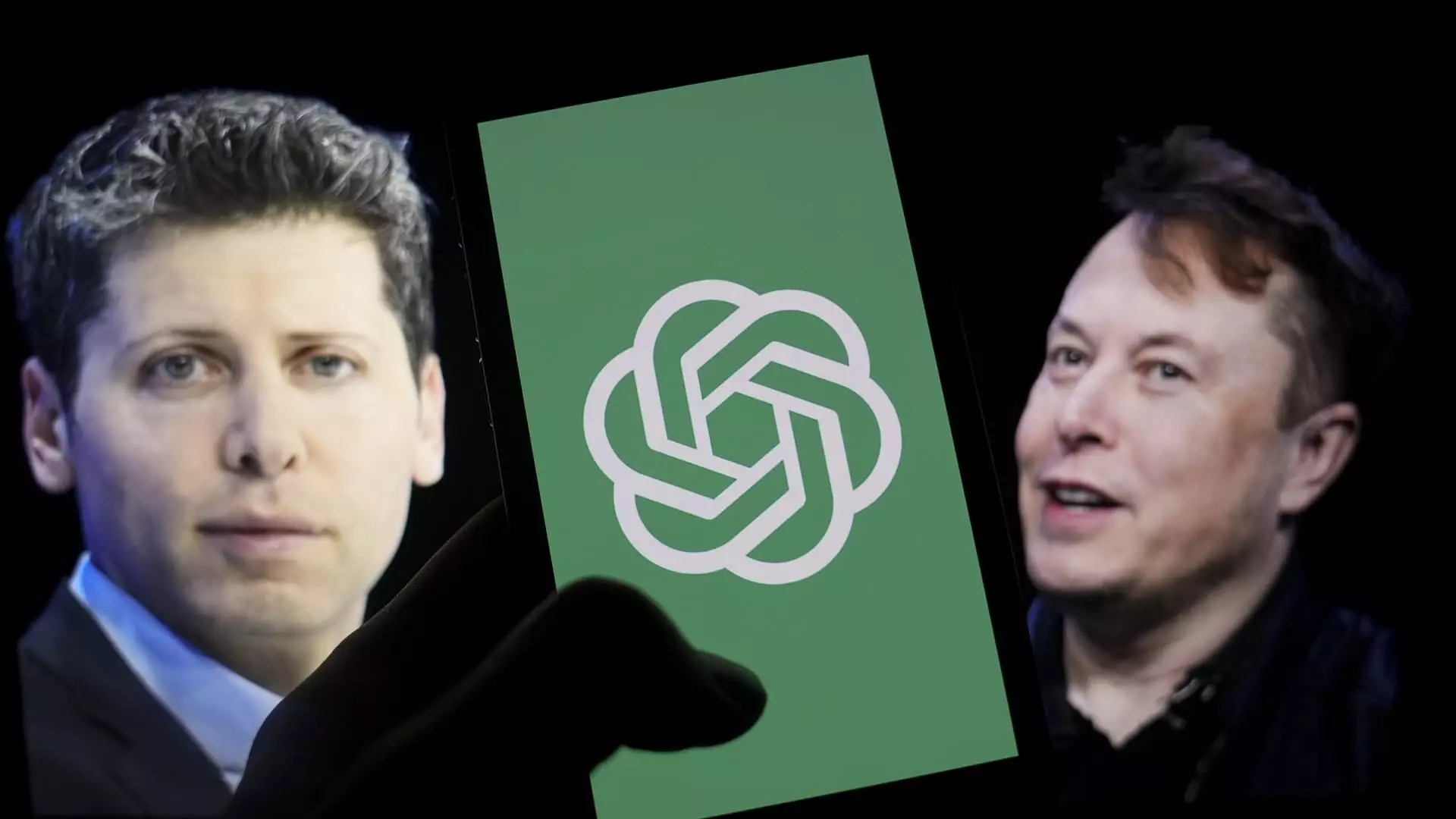In what has become one of the most publicized legal disputes in the tech world, Elon Musk is taking a stand against OpenAI, the company he co-founded. His latest legal maneuver, filed for a preliminary injunction against OpenAI’s transition to a fully for-profit entity, ignites further controversy in the rapidly evolving field of artificial intelligence. This article explores the implications of Musk’s actions, the broader context of the legal issues at play, and their significance to the AI landscape.
Musk’s legal team, which includes high-profile attorney Marc Toberoff, has argued that OpenAI’s conversion into a comprehensive profit-driven enterprise raises serious legal and ethical questions. Notably, the injunction seeks to prevent OpenAI from allegedly pressuring its investors to refrain from backing competitors like Musk’s new AI venture, xAI. These legal moves are significant, particularly as they signify growing tensions not just between Musk and OpenAI, but also with large corporate insiders like Microsoft, which has invested billions into OpenAI and has financial stakes in the company’s strategies.
Furthermore, Musk’s legal argument rests on accusations that OpenAI has violated federal racketeering laws (RICO) and antitrust laws. The crux of his accusation is that by fostering an environment of restrictive investment practices among its financiers, OpenAI is effectively stifling competition and harming the burgeoning AI ecosystem that Musk is eager to engage with through xAI. By likening OpenAI’s actions to a “group boycott,” Musk’s attorneys emphasize the seriousness of their claims, suggesting that such conduct is detrimental not only to Musk’s interests but also to the overall integrity of market competition.
Microsoft’s dual role as a major investor in OpenAI and its close operational ties have come under scrutiny. Reports indicate that the relationship between Microsoft and OpenAI has led to allegations of unfair competitive advantage—highlighting an imbalance where Musk’s new startup may be deprived of essential capital simply due to OpenAI’s internal investment governance. This overlap of interests raises fundamental questions about transparency, corporate ethics, and regulatory frameworks in the fast-moving AI sector.
The legal landscape concerning antitrust regulations and corporate governance also faces increasing examination from entities like the Federal Trade Commission (FTC). The FTC has launched inquiries into potential monopolistic behaviors in the tech industry, which might include the affiliations of companies like OpenAI and Microsoft. Musk’s legal team is not merely fighting for immediate relief; they are positioning their arguments within a broader context demanding accountability from both established corporations and startup competitors.
Musk’s intentions extend beyond merely halting OpenAI’s for-profit plans; he aims to reshape the environment of AI innovation to foster more equitable competition. The focus on OpenAI reveals a significant tension in the industry where established players may inadvertently or purposefully disadvantage newer entrants like xAI. If Musk’s injunction succeeds, it may put critical pressure on OpenAI’s operational strategies and its relationship with investors.
This legal dispute comes at a time when the generative AI market is projected to exceed $1 trillion in revenue within a decade. Interest in corporations like OpenAI has surged, leading to profound implications for how AI development is funded and regulated. Musk’s xAI, having launched its Grok chatbot recently, has aggressive plans for expansion, fueled by a projected valuation of around $50 billion. If Musk’s contention regarding OpenAI’s conduct gains traction, it might radically alter the competitive dynamics in the AI startup ecosystem.
While the ongoing legal disputes between Musk and OpenAI play out, the fundamental questions remain: What does the future of AI look like in a competitive landscape? Will innovations thrive in an industry beleaguered by legal concerns, or will those very concerns foster an atmosphere where collaboration takes precedence over competition?
Musk’s campaign against OpenAI underscores a pivotal moment in the AI realm, highlighting tensions that arise when venture capital, innovation, and regulatory considerations collide. As the case unfolds in court, it remains to be seen whether it will catalyze a transformation that may lead to clearer guidelines for collaboration and competition among AI players or if it will merely exacerbate divisions.
Musk’s legal battle with OpenAI encapsulates a broader conversation regarding the ethics and strategies surrounding AI development in a landscape dominated by substantial corporate influence. It hints at the tensions inherent in evolving technologies and the responsibilities of innovators to foster a diverse and fair operating environment amid burgeoning competition.

